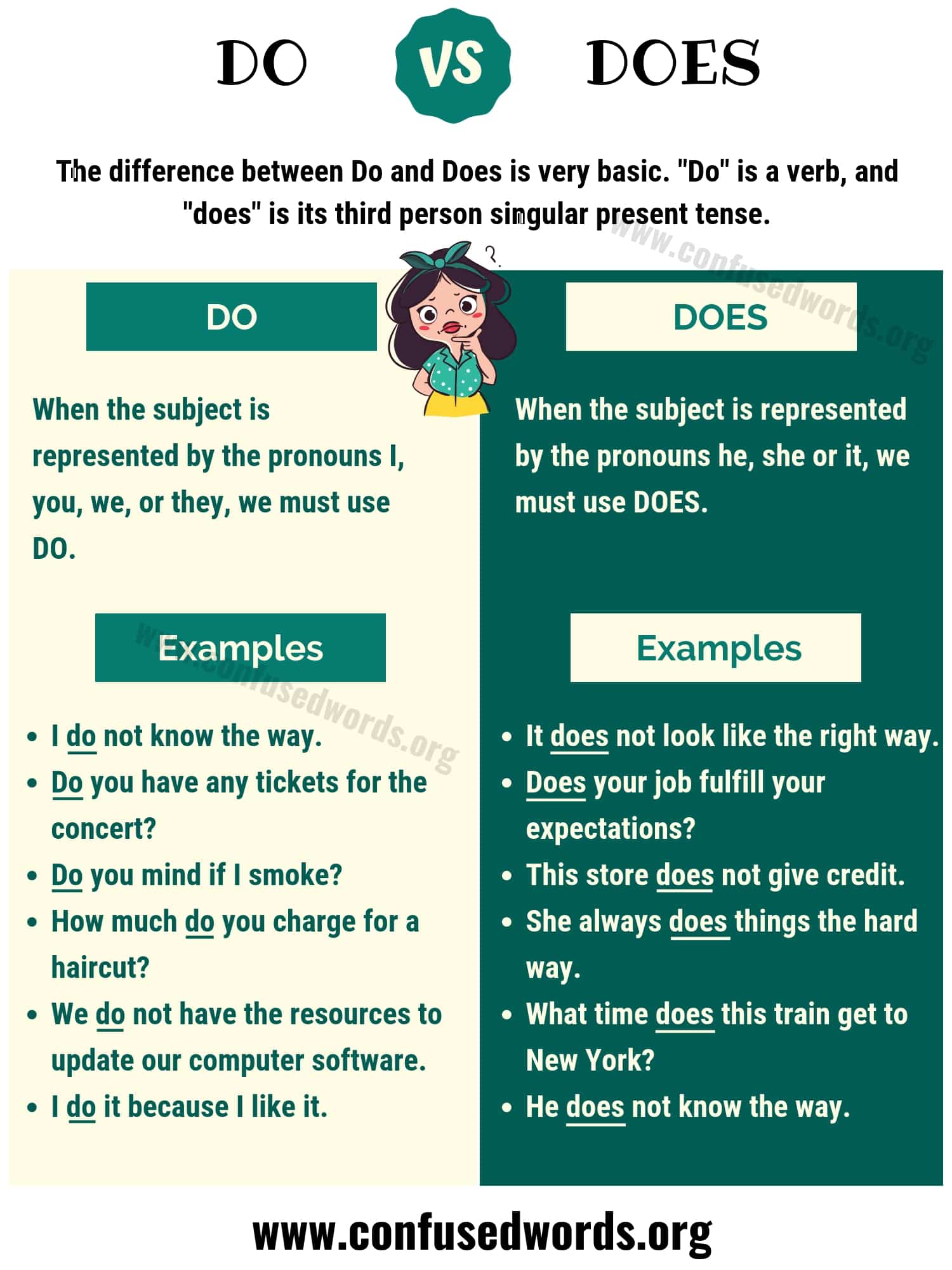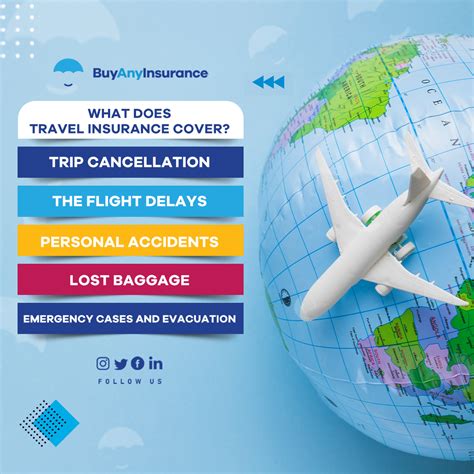What Does Travel Insurance Not Cover

Travel insurance is a valuable tool for any traveler, providing peace of mind and financial protection in case of unforeseen circumstances. While it offers coverage for a wide range of situations, it's essential to understand the limitations and exclusions to ensure you have adequate protection for your journey. This article aims to shed light on the aspects that travel insurance typically does not cover, helping you make informed decisions and plan accordingly.
Understanding the Fine Print: Common Exclusions in Travel Insurance

Every travel insurance policy comes with a set of exclusions, which are specific situations or events that the insurance provider will not cover. These exclusions vary depending on the policy and the insurance company, so it’s crucial to read the fine print carefully before purchasing any plan.
Pre-existing Medical Conditions
One of the most common exclusions in travel insurance is pre-existing medical conditions. If you have a medical condition that existed prior to purchasing the insurance, such as diabetes, heart disease, or a chronic illness, the insurance provider may deny coverage for any claims related to that condition. It’s essential to disclose any pre-existing conditions when applying for travel insurance, as failure to do so can result in a denial of claims later on.
However, some insurance providers offer optional riders or add-ons that can provide coverage for specific pre-existing conditions. These riders typically come at an additional cost and may have certain restrictions or requirements. It's advisable to carefully review these options and assess if they meet your needs.
| Pre-existing Condition Example | Coverage Status |
|---|---|
| Asthma | May be covered with certain conditions or exclusions. |
| Pregnancy | Often excluded, but some policies offer limited coverage. |
| Mental Health Disorders | Coverage varies widely; some policies exclude all mental health claims. |

Excluded Activities and Sports
Travel insurance policies often exclude coverage for certain activities and sports that are considered high-risk or dangerous. These can include extreme sports like bungee jumping, skydiving, motorcycling, and skiing. If you plan to engage in such activities during your trip, it’s important to check if they are covered by your policy or if you need to purchase additional coverage.
Some insurance providers offer adventure sports or activity-specific add-ons, which can provide coverage for a range of high-risk activities. These add-ons may come with extra costs and limitations, so it's crucial to review the details carefully.
Cancellation Due to Certain Circumstances
Travel insurance typically covers trip cancellations or interruptions due to unforeseen events, such as severe weather, natural disasters, or personal emergencies. However, it’s important to note that certain circumstances are often excluded from coverage.
For instance, if you decide to cancel your trip due to personal reasons, such as a change of heart or a family disagreement, travel insurance may not provide coverage. Similarly, if you choose to cancel your trip due to political unrest or civil disturbances in your destination, the insurance may not cover the cancellation costs.
Damaged or Lost Personal Belongings
While travel insurance may offer some coverage for lost or stolen items, it often comes with limitations and exclusions. For instance, the insurance may only cover a certain percentage of the item’s value or have a maximum limit for coverage. Additionally, some policies may exclude coverage for certain high-value items, such as jewelry, electronics, or collectibles.
It's essential to review the policy's terms and conditions regarding personal belongings coverage and consider purchasing additional insurance or taking extra precautions to protect your valuable items.
Negligence and Willful Misconduct
Travel insurance providers may deny claims if the insured person’s negligence or willful misconduct contributed to the loss or damage. For example, if you leave your belongings unattended and they get stolen, the insurance company may consider this as an act of negligence and deny the claim.
Similarly, if you engage in illegal activities or break local laws, any resulting consequences may not be covered by your travel insurance.
Travel Against Medical Advice
If you choose to travel despite medical advice recommending against it, travel insurance may not cover any medical emergencies or incidents that occur during your trip. This exclusion aims to prevent individuals from traveling when they are not fit to do so, potentially endangering themselves and others.
Maximizing Your Travel Insurance Coverage

While understanding the exclusions is crucial, it’s equally important to know how to maximize your travel insurance coverage. Here are some tips to consider:
- Compare different policies and providers to find the one that best suits your needs and provides adequate coverage for your specific trip.
- Read the policy document thoroughly and clarify any doubts with the insurance provider before purchasing.
- Disclose all relevant information, including pre-existing conditions, planned activities, and any known risks associated with your destination.
- Consider purchasing additional coverage or add-ons for high-risk activities or specific concerns.
- Take precautions to minimize the risk of loss or damage to your belongings, such as using secure storage and keeping valuable items with you at all times.
Conclusion: Being Prepared for the Unexpected
Travel insurance is an essential tool for travelers, offering financial protection and peace of mind. However, it’s crucial to understand the limitations and exclusions of your policy to ensure you are adequately covered. By being aware of the common exclusions and taking proactive measures to maximize your coverage, you can have a more enjoyable and stress-free journey.
Remember, travel insurance is designed to protect you against unforeseen circumstances, not to cover every possible scenario. By reading the fine print, asking questions, and making informed decisions, you can make the most of your travel insurance and have a memorable trip.
Can I purchase travel insurance after my trip has started?
+
In most cases, travel insurance must be purchased before your trip begins. It is designed to provide coverage for unexpected events that occur during the trip, so purchasing it after you’ve started your journey may not offer the necessary protection.
What if I don’t disclose a pre-existing medical condition and later need medical treatment during my trip?
+
Failing to disclose a pre-existing condition can result in a denial of your claim. It’s crucial to be honest and transparent about your medical history when applying for travel insurance to ensure you have adequate coverage.
Are there any travel insurance policies that cover pre-existing conditions without additional costs or exclusions?
+
Some specialized travel insurance policies may offer coverage for certain pre-existing conditions without additional costs or exclusions. However, these policies often come with higher premiums and may have specific eligibility criteria. It’s best to explore these options with an insurance broker or advisor.


